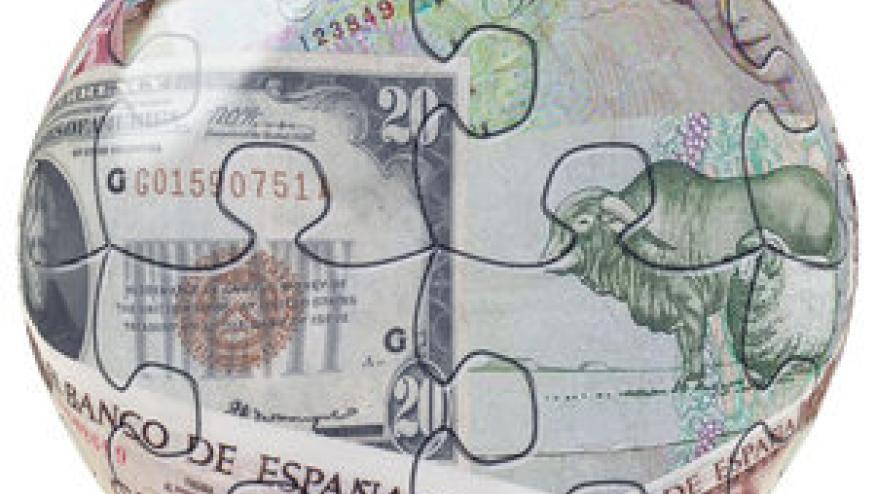Pharma Points Blame at PBMs Save

The price of drugs continue to rise; even moreso with expensive drugs. A Wall Street Journal article claims that U.S. drugmakers are pointing the blame at the middlemen who also influence drug priciing.
In the last few months we've seen politician and public outrage directed toward the pharmaceutical companies over excessive, incremental pricing. This was on full display last week as the CEO of Mylan, Heather Bresch, was sharply criticized for the rising price of EpiPen. (see video http://buff.ly/2dGXEqw)
Senators piled on their distaste as there were no answers to questions about the profit margins for the EpiPen, profits from the sales of the EpiPen and the CEO's compensation and salary. Bresch said she was unfairly vilified for a flawed system wherein wholesalers, pharmacies and pharmacy-benefit managers take their own cut of each prescription.
Drug executives say that PBMs have benefitted greatly as the price of drugs has soared - primarily because their rebates are based on a percentage of a drug’s list price. PBMs deny that they are the cause of drug-price inflation, saying drug costs would be even higher without rebates.
For many years, drugmakers defended the practice of privately negotiating rebates as a market-based alternative to government-run price negotiations. While they have prospered under the rebate system, it has clearly failed to limit drug-price increases.
PBMs say the copays are determined by the insurer, although PBMs manage prescription benefit programs, and advised the insurers, even on limits to set for the most expensive druges.
There is no transparency in what happens to rebate income. Some is kept by the PBM, some is returned to the insurer and infrequently this is passed on to the patient.
With all the scrutiny and with many manufacturers still seeking a favored status thru the current "high price-big rebate" system, some industry executives are calling for reform.
The Wall Street Journal states that "U.S. spending on prescription drugs is estimated to have risen 8% to $321.9 billion last year, compared with a 5.6% increase on all health-care consumption".
Drug costs have increased. So has the rebate income. And patients are paying more for their prescriptions and copays.
It seems that everyone benefits as drug prices rise; just not the patient.










If you are a health practitioner, you may Login/Register to comment.
Due to the nature of these comment forums, only health practitioners are allowed to comment at this time.